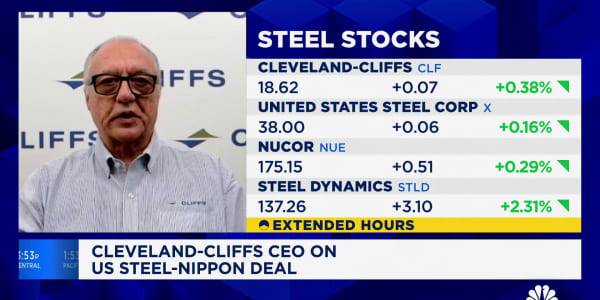A time-honored tradition is coming to an end on Wall Street.
For decades, Wall Street firms like Goldman Sachs have hired newly minted college graduates into 2-year analyst programs. These were grueling jobs, requiring long hours crunching numbers and performing many of the more menial tasks necessary for investment banking. They were called "analysts," but often much of the time was spent analyzing the quickest ways to get spreadsheets to do complex calculations.
Officially, this was a training period. At the end of it, most of the analysts were expected to leave. Many would go on to work at other firms or to business school. Only a select few every got invited to stay on beyond the two-year period.
Now Goldman Sachs is abandoning this practice for its new investment-banking hires. (It will retain 2-year contracts for sales and trading and investment research.) It says it will no longer give new college graduates a two-year contract. New hires will be offered a permanent position, with no requirement or expectation that they leave after two years, according to a spokesman for Goldman.
The downside, of course, is that it will be harder for some of those graduates to stay on for two years. At least some will be let go earlier, whereas in the past they might have been allowed to slide through their 2-year stint.
Goldman says it is responding to changes in the world outside. Business schools now often expect applicants to have longer than two years' business experience, a spokesman for the firm said. So that exit channel has narrowed. Meanwhile, recruiters from private equity and hedge fund firms have been trying to pick off the most promising analysts before they complete their two years.
Goldman says the experience of new hires will not change all that much. They'll still receive the same kind of training, a spokesman said.
The program likely won't save Goldman much money. Although the firm will no longer pay out automatic completion bonuses at the end of two years, those who remain after two years will be eligible for an end-of-year bonus. And those associates who do not make it beyond two years may wind up with severance packages similar to the old completion bonus.
If the change works for Goldman, it's likely to spread to other Wall Street firms. The two year analyst tradition may be headed for the dustbin of Wall Street history.
The changes were first reported in "The Wall Street Journal."
- by CNBC.com senior editor John Carney
Follow John on Twitter. (Market and financial news, adventures in New York City, plus whatever is on his mind.) You can email him at john.carney@nbcuni.com.
We also have two NetNet Twitter feeds. Follow CNBCnetnet for the best of the days posts, including breaking news. Follow NetNetDigest for a feed of every single post each day.
You can also be our friend on Facebook. Or subscribe to John's Facebook page.
We're on Google Plus too! Click here for John's Google+ page.
Questions? Comments? Tips? Email us atNetNet@cnbc.comor send a text message to: 917-740-8477.
Call us at 201-735-4638.






